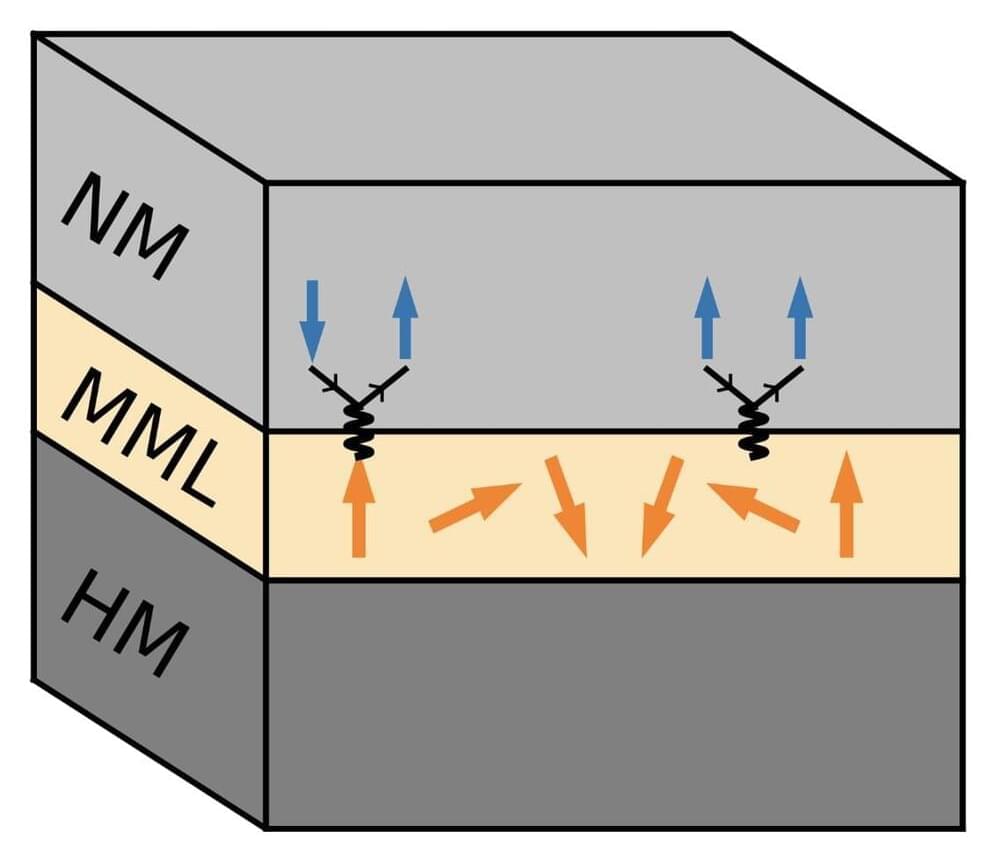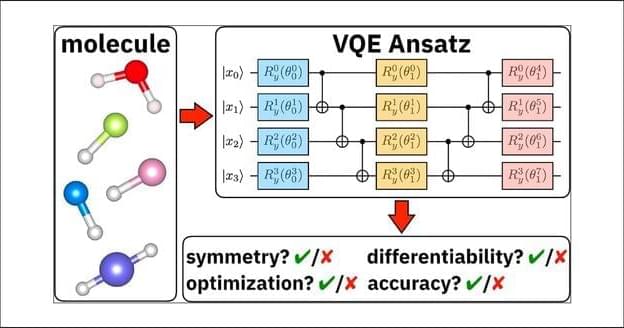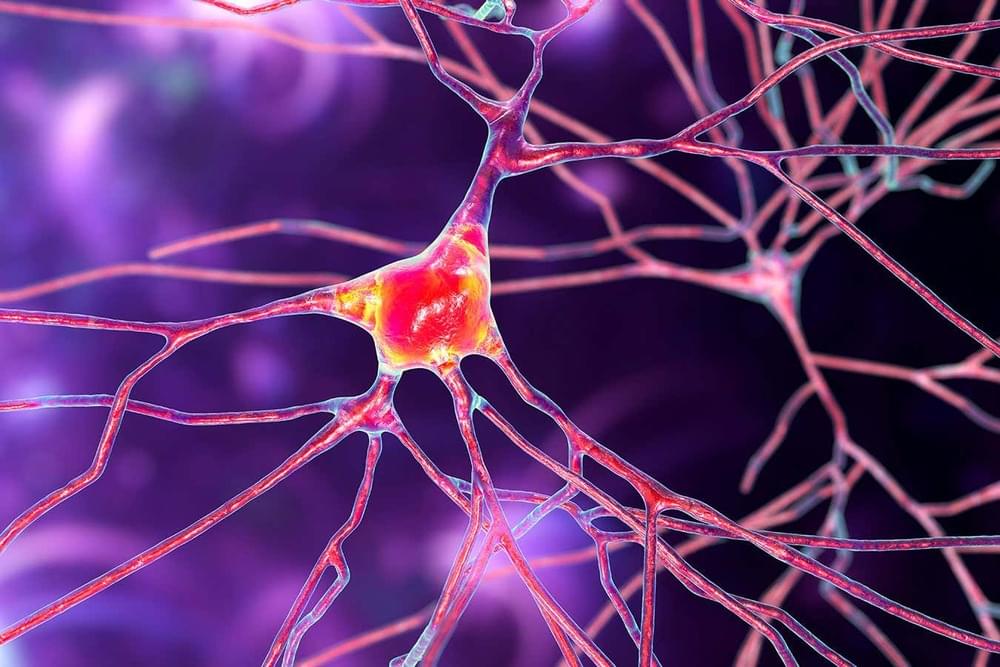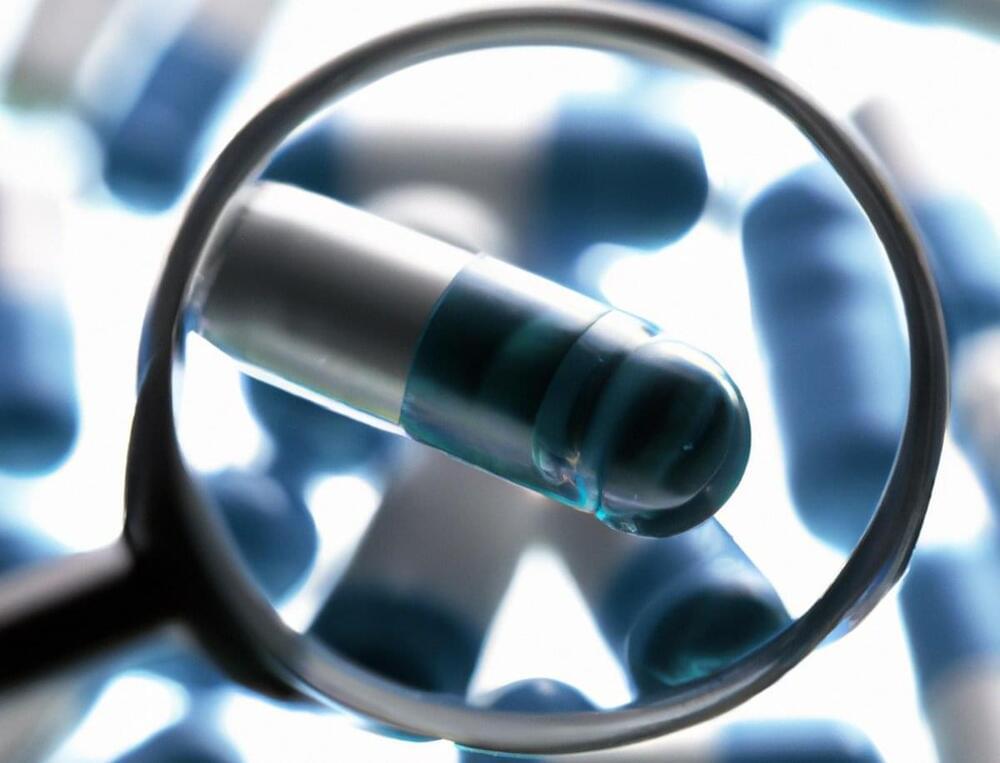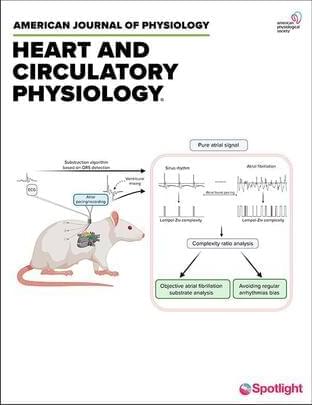Chronic anxiety is prevalent and associated with an increased risk of cardiovascular disease. Prior studies that have reported a relationship between muscle sympathetic nerve activity (MSNA) and anxiety have focused on participants with anxiety disorders and/or metabolic syndrome. The present study leverages a large cohort of healthy adults devoid of cardiometabolic disorders to examine the hypothesis that trait anxiety severity is positively associated with resting MSNA and blood pressure. Resting blood pressure (BP) (sphygmomanometer and finger plethysmography), MSNA (microneurography), and heart rate (HR; electrocardiogram) were collected in 88 healthy participants (52 males, 36 females, 25 ± 1 yr, 25 ± 1 kg/m2). Multiple linear regression was performed to assess the independent relationship between trait anxiety, MSNA, resting BP, and HR while controlling for age and sex. Trait anxiety was significantly correlated with systolic arterial pressure (SAP; r = 0.251, P = 0.018), diastolic arterial pressure (DAP; r = 0.291, P = 0.006), mean arterial pressure (MAP; r = 0.328, P = 0.002), MSNA burst frequency (BF; r = 0.237, P = 0.026), and MSNA burst incidence (BI; r = 0.225, P = 0.035). When controlling for the effects of age and sex, trait anxiety was independently associated with SAP (β = 0.206, P = 0.028), DAP (β = 0.317, P = 0.002), MAP (β = 0.325, P = 0.001), MSNA BF (β = 0.227, P = 0.030), and MSNA BI (β = 0.214, P = 0.038). Trait anxiety is associated with increased blood pressure and MSNA, demonstrating an important relationship between anxiety and autonomic blood pressure regulation.
NEW & NOTEWORTHY Anxiety is associated with development of cardiovascular disease. Although the sympathetic nervous system is a likely mediator of this relationship, populations with chronic anxiety have shown little, if any, alteration in resting levels of directly recorded muscle sympathetic nerve activity (MSNA). The present study is the first to reveal an independent relationship between trait anxiety, resting blood pressure, and MSNA in a large cohort of healthy males and females devoid of cardiometabolic comorbidities.
Listen to this article’s corresponding podcast at https://ajpheart.podbean.com/e/anxiety-and-muscle-sympathetic-nerve-activity/.
